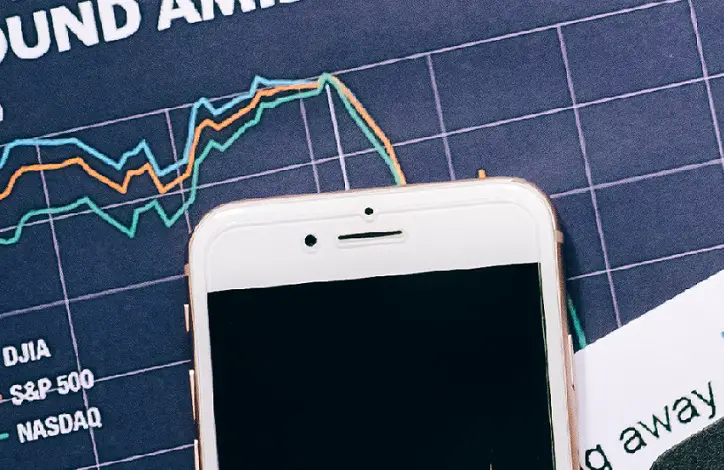In the three months ending in June the US economy contracted for a second consecutive quarter, according to the final estimate of the Bureau of Economic Analysis, released Thursday. These latest numbers mean the US economy entered a technical recession according to the BEA’s criteria, as rising interest rates and record inflation both pressured consumers to reduce purchasing.
According to the final data, in the second quarter, gross domestic product (GDP) fell by 0.6% on an annualized basis, which is lower than the initially reported 0.9% decline. This came on the heels of the nation’s economic output dropping 1.6% over the first three months of the year, which was the worst economic performance for a quarter since the spring of 2020, when the pandemic took hold.
Analysts point out however that in the second quarter, gross domestic income, an alternative measure of economic growth, rose by 0.1%.
There has been great debate over whether the US entered a recession. Although it is technically defined as two consecutive quarters of negative growth, economist point to continuing robust job growth, high consumer spending, and high manufacturing output as indicative of continued economic health.
Gus Faucher, chief economist for The PNC Financial Services Group, wrote in a note, “The annual revisions to GDP and gross domestic income indicate a weaker US economy in the first half of 2022 than initially reported.”
He went on to argue the US was in a transitionary economic period in 2022, with contradictory data, as jobs, manufacturing, and consumer spending all continued to be robust, despite the technical GDP numbers. Many have argued this period is in fact different as the rising prices were not produced by changes in underlying economic fundamentals or monetary policy, but were largely artificially produced through the external stimulus of suddenly spiking energy costs.
Abbey Omodunbi, PNC’s assistant vice president and senior economist has made the case that whatever the causes, there continued to be elevated risks of a recession, as the Federal Reserve is forced to raise interest rates to try and cool prices. He went on, “And with that, we’re going to see significant slowing of the US economy, particularly in interest-rate-sensitive sectors” like business investment and housing.

